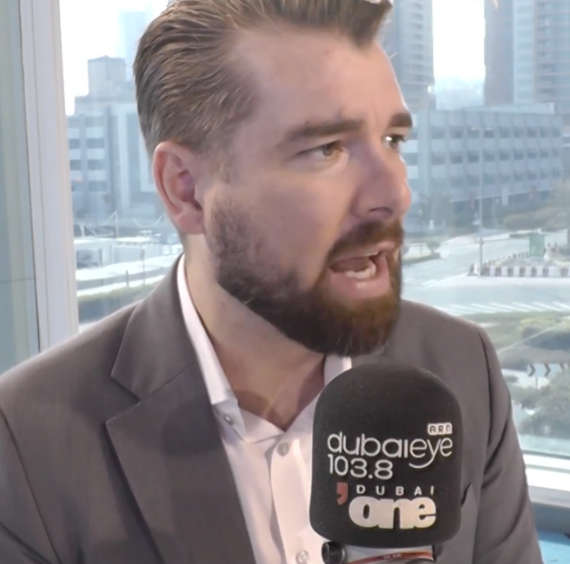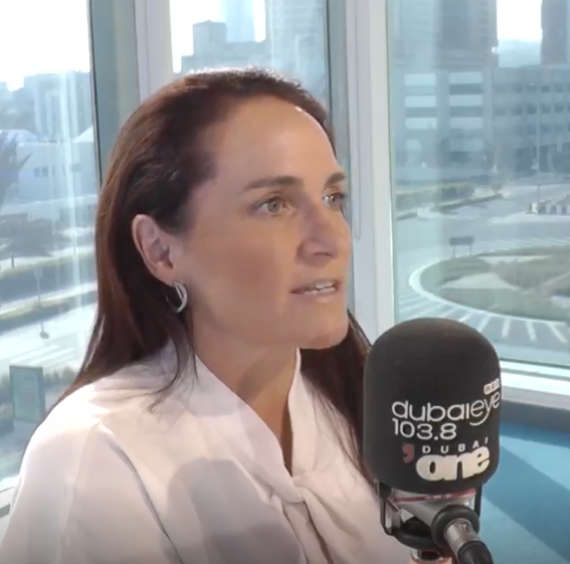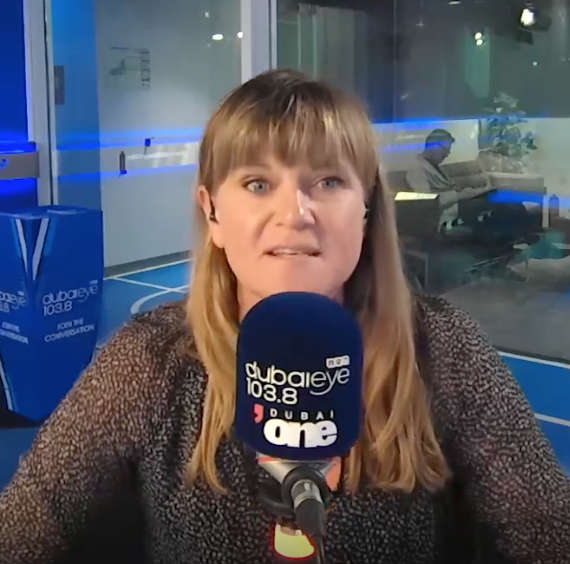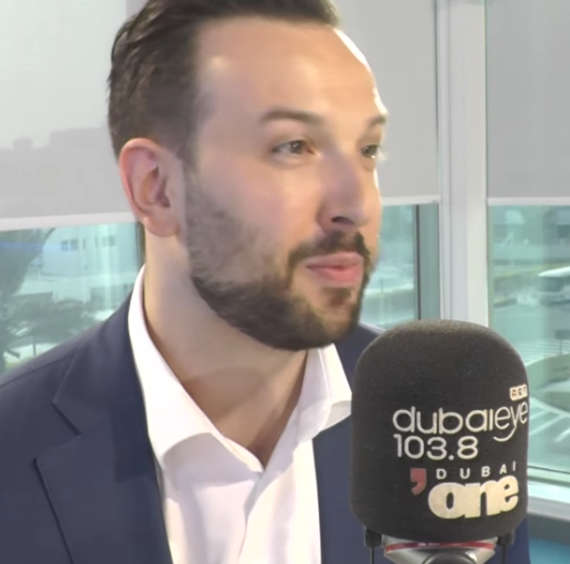
Surgery should be delayed for seven weeks after a patient tests positive for COVID-19 in order to reduce the risk of death.
That's according to a new global study, which found that patients are more than two-and-a-half times more likely to die, if the procedure takes places in the six weeks following a positive COVID-19 diagnosis.
Led by experts at the University of Birmingham, more than 25,000 surgeons worked together on the study as part of the COVIDSurg Collaborative.
They collected data from 140,727 patients in 1,674 hospitals across 116 countries including the UAE, Australia, the UK, the US, Brazil, China and India.
It's one of the world’s largest and broadest studies on surgery.
Dr. Sattar Alshryda (Al Jalila Children’s Specialty Hospital) and Dr. Hayder Al Saadi (Rashid Hospital), the UAE leads for the study, explained that 13 centres and over 40 researchers took part in the study and have contributed over 1,000 participants.
This collaboration has also laid the ground to the birth of a new network of orthopaedic researchers, provisionally named (U-TORCH) which stands for United Arab Emirates Trauma and Orthopaedic Research Champions. The purpose is to foster a nationwide, high quality research across the country.
Co-lead author Dr Dmitri Nepogodiev, from the University of Birmingham, said: "We recommend that whenever possible surgery should be delayed for at least seven weeks after a positive SARS-CoV-2 test result, or until symptoms resolve if patients have ongoing symptoms for 7 weeks or more after diagnosis."
Co-lead author Mr Aneel Bhangu, from the University of Birmingham, added: "Decisions regarding delaying surgery should be tailored for each patient, since the possible advantages of a minimum seven-week delay following SARS-CoV-2 diagnosis must be balanced against the potential risks of delay. For some urgent surgeries, for example for advanced tumours, surgeons and patients may decide that the risks of delay are not justified."
While it is known that infection with SARS-CoV-2 during surgery increases mortality and international guidelines recommend surgery should be delayed for patients testing positive for COVID-19, there is little evidence regarding the optimal duration of delay.
Participating hospitals included all patients undergoing a surgical procedure in October 2020. Patients, who became infected with SARS-CoV-2 after their surgery, were excluded from the study. The primary outcome measure was 30-day postoperative death.
Statistical modelling was used to adjust for patient, disease, and operation variables and calculate adjusted 30-day mortality rates for different time periods from SARS-CoV-2 diagnosis to surgery.
Time to surgery from SARS-CoV-2 diagnosis was 0-2 weeks in 1,144 (0.8 per cent), 3-4 weeks in 461 (0.3 per cent), 5-6 weeks in 327 (0.2 per cent), 7 weeks or more in 1,205 (0.9 per cent), and 137,590 (97.8 per cent) did not have SARS-CoV-2 infection. Adjusted 30-day mortality in patients who did not have SARS-CoV-2 infection was 1.5 per cent. This was increased in patients operated at 0-2 weeks (4.0 per cent), 3-4 weeks (4.0 per cent), and at 5-6 weeks (3.6 per cent), but not at 7-8 weeks (1.5 per cent) after SARS-CoV-2 diagnosis.
These findings were consistent across age groups, differing severity of the patient’s condition, urgency of surgery, and grade of surgery and in sensitivity analyses for elective surgery. Following a delay of seven weeks or more, patients with ongoing COVID-19 symptoms (6.0 per cent) had higher mortality than patients whose symptoms had resolved (2.4 per cent) or who had been asymptomatic (1.3 per cent).



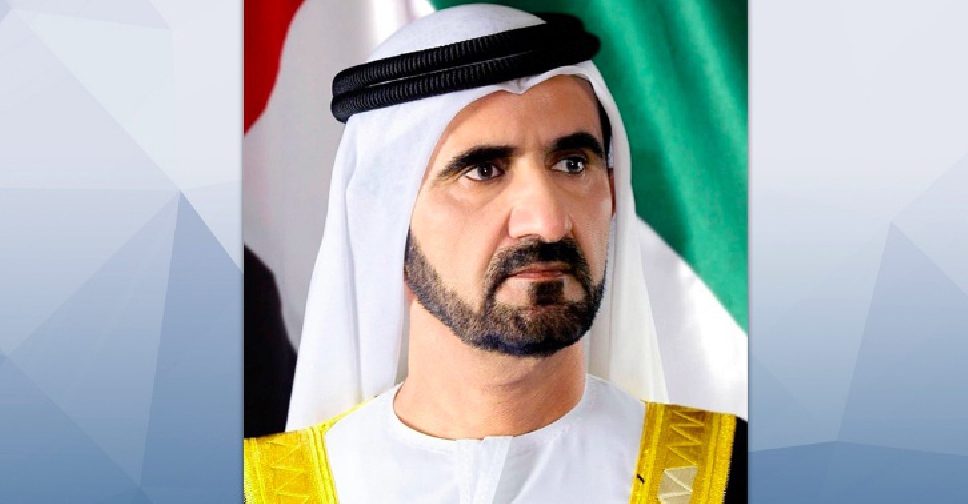 H.H. Sheikh Mohammed hails UAE Armed Forces milestone
H.H. Sheikh Mohammed hails UAE Armed Forces milestone
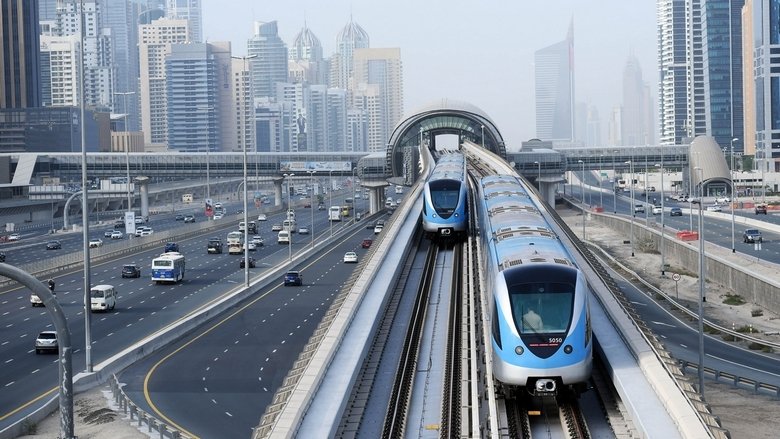 Four Dubai Metro stations remain closed following storms
Four Dubai Metro stations remain closed following storms
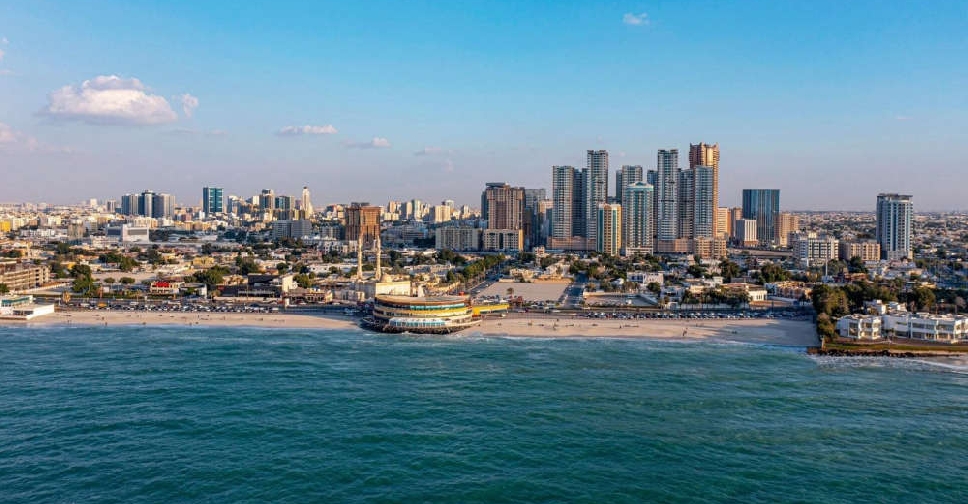 Ajman records tourism growth in 2024
Ajman records tourism growth in 2024
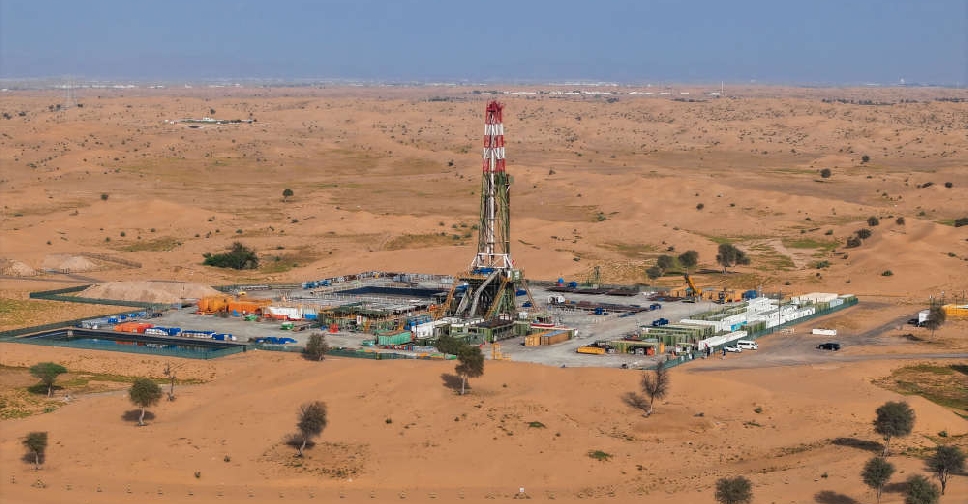 New gas reserves found in Sharjah
New gas reserves found in Sharjah
 UAE President receives condolences on passing of Sheikh Tahnoun bin Mohammed
UAE President receives condolences on passing of Sheikh Tahnoun bin Mohammed
